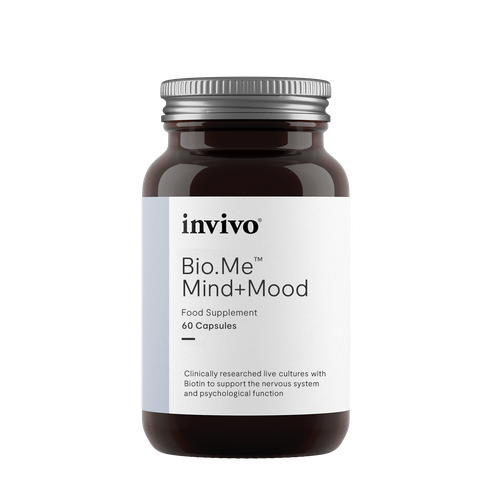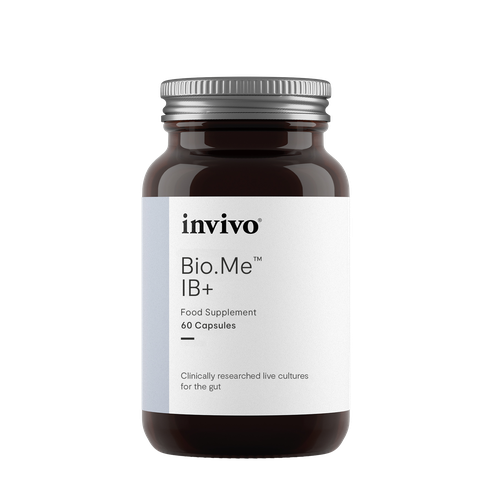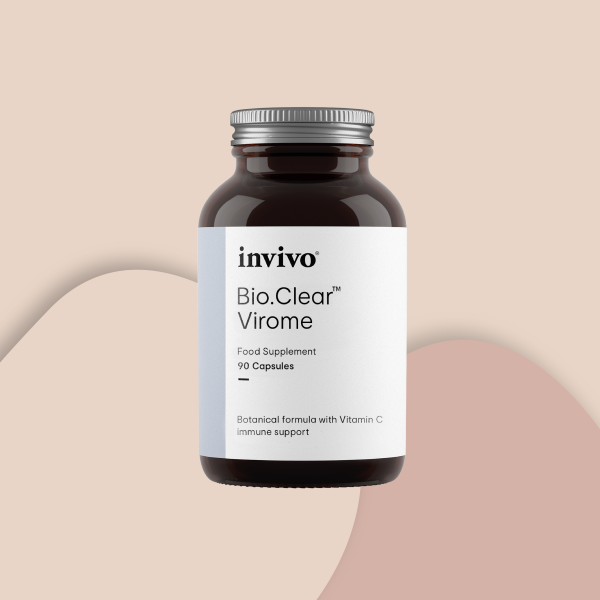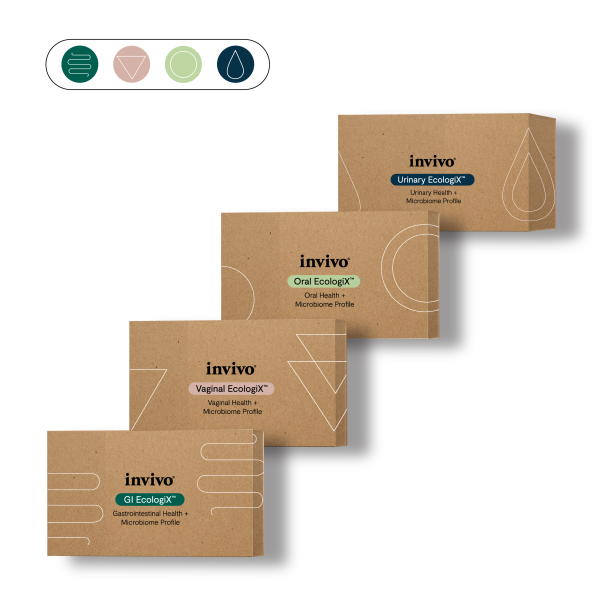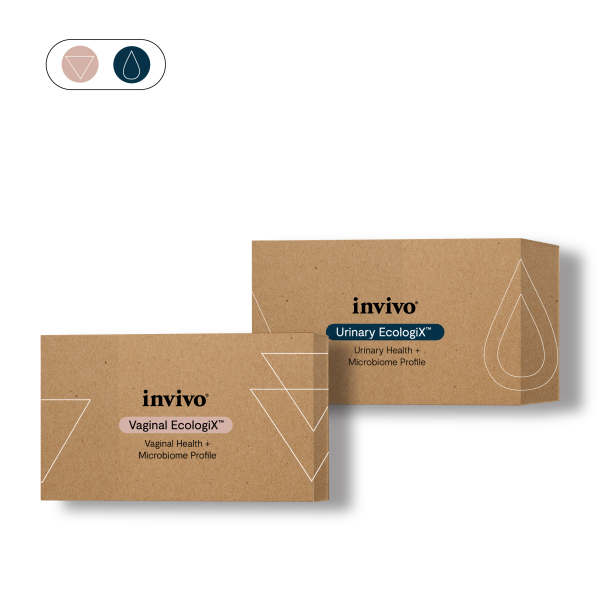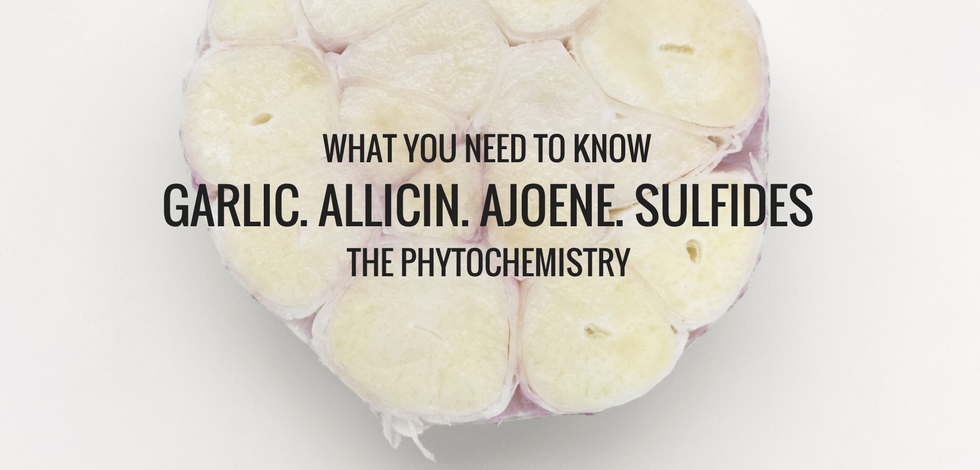Allicillin All Round Support
INFORMATION IS FOR PROFESSIONAL USE ONLY.Educational information only. Not intended as a replacement for medical advice that is based on individual circumstances.
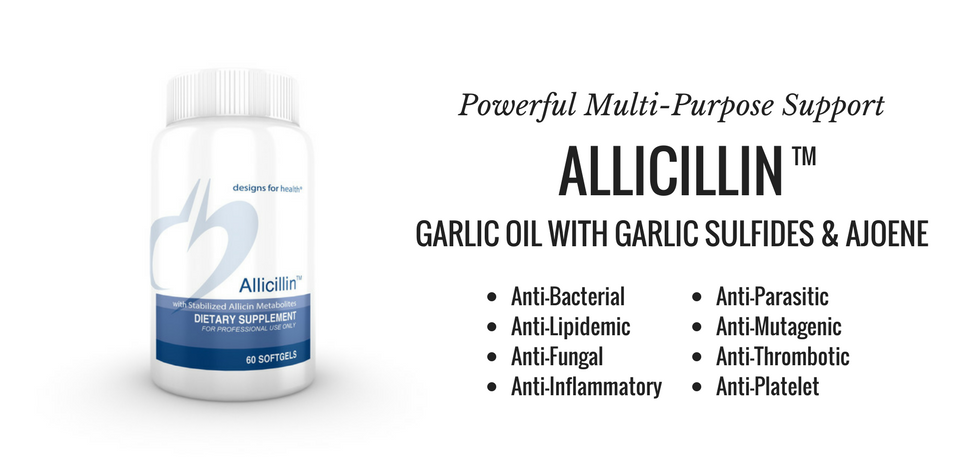
Considering the questionable utility of allicin potential, Allicillin™ was developed to contain sulfides and ajoene, the inherently stable metabolites of allicin.
Highlights: Ajoene & Sulfides
Ajoene is a natural product of allicin degredation in oil, and it is one of the primary bioactive allicin metabolites. During research isolating ajoene and two other garlic compounds that inhibit human platelet aggregation, ajoene proved to be four times more potent than the other two.
Anti-microbial
The antimicrobial (antibacterial and antifungal) properties of ajoene have received considerable attention. Studies show that ajoene exhibits broad spectrum antimicrobial activity against growth of gram-positive and gram-negative bacteria. Garlic sulfides also exhibit antimicrobial activity. In a mouse model of diabetes, diallyl sulfide (DAS) and diallyl disulfide (DADS) significantly decreased the viability of methicillin-resistant Staphylococcus aureus (MRSA), and reduced plasma levels of IL-6 and TNF-α, CRP, fibronectin, and fibrinogen. DADS and diallyl trisulfide (DATS) have been shown to reduce lipopolysaccharide-induced inducible nitric oxide synthase, nitric oxide production, oxidative stress, and activation of NF-kappa-B.
Ajoene is more effective than allicin against Aspergillus niger and Candida albicans. In clinical studies ajoene was shown to be as effective or better than the common antifungal, terbinafine, for the treatment of tinea pedis (athlete’s foot), tinea corporis (generalised itch due to fungal infection, e.g., ringworm), and tinea cruris (groin itch).
Anti-viral
Ajoene and other garlic extracts were tested in vitro against several viruses, including herpes simplex virus types 1 and 2, parainfluenza virus type 3, and human rhinovirus type. Ajoene was found to have the greater virucidal activity than allicin and the other garlic extracts tested.
Cardiovascular Health
Ajoene also demonstrates chemo-preventive properties due to its ability to inhibit aflatoxin B1-induced mutagenesis, and has additionally been shown to inhibit cholesterol synthesis in vitro.
Garlic sulfide compounds have been shown to protect against oxidation of LDL particles in humans. Another study showed the production of cellular peroxides was inhibited 43% and 50% by DADS and DATS, respectively.
Furthermore, DAS and DADS protected against further oxidation and glycation in samples of partially oxidised and glycated LDL particles from non-insulin-dependent diabetics, leading researchers to conclude that these garlic-derived sulfur compounds may benefit patients with diabetes-related vascular complications.
Garlic is well-recognised for its antithrombotic and anti-platelet aggregation properties. The anti-inflammatory effects of garlic sulfides extend to reducing inflammatory markers in a murine model of inflammatory bowel disease.
THE DETAILS
Key Features:
- Garlicillin®
A blend of garlic oil and parsley oil with specified levels of garlic sulfides and ajoene – the highly bioactive compounds formed from garlic
- Enteric coated & parsley oil
Reduces the strong garlic odour and repeating that may occur from supplementing with garlic. The parsley oil further helps as a natural breath freshener
- Evidence-based efficacy for multiple purposes
Anti-bacterial, anti-lipidemic, anti-fungal, anti-inflammatory, anti-parasitic, anti-mutagenic, anti-thrombotic, anti-platelet
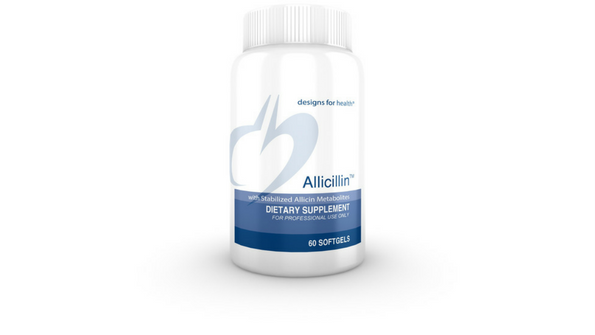 Allicillin™ Tech Sheet Available in Practitioner Resources (log-in only)
Allicillin™ Tech Sheet Available in Practitioner Resources (log-in only)
Why Not Allicin?
Allicin is the best known and studied of these bioactive compounds. Through its decomposition, allicin breaks down to form the above organosulfur compounds and ajone. You can read more about this by clicking here.
You can read more about this by clicking here.
Many dietary supplement companies claim to provide a product that delivers allicin. Allicin is often listed on labels as “allicin yield,” or “allicin potential,” reflecting the compound’s instability and the inability to specify and guarantee allicin content and potency. Allicin potential is measured in laboratories using dried garlic powder that is added to water so that the alliin and allinase can quickly react to form allicin. The amount of allicin produced is the measure of allicin potential. However, this laboratory assay does not accurately reflect production of allicin when such garlic supplements are swallowed.
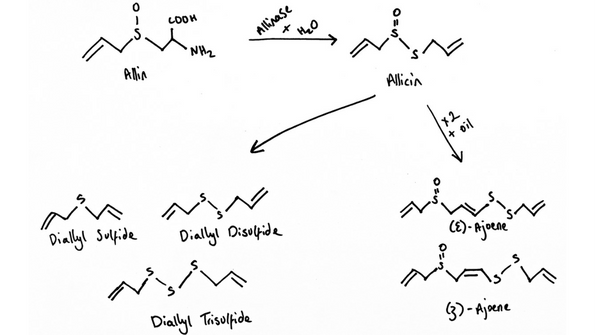
The allinase enzyme is rapidly and completely destroyed by stomach acid, and allicin cannot be made from alliin in the absence of active allinase. Some garlic products claim to address this issue by using an enteric coated delivery method. Unfortunately, such methods have unimpressive efficacy. In a report of testing twenty-three enteric coated U.S. garlic supplements, twenty of the twenty-three failed to release even 15% of their claimed “allicin potential” when placed in simulated intestinal fluid.
The study authors concluded that allicin potential is a poor measure of garlic supplement activity in the human body and should not be used for the standardisation of garlic supplements. Considering the questionable utility of allicin potential, Allicillin™ was developed to contain sulfides and ajoene, the inherently stable metabolites of allicin.
Who Should Take Allicillin™?
Patients with recurring yeast infections, bacterial or viral infections, lipid abnormalities, platelet aggregation, inflammation, immune deficiency and/or history of heart disease. Consider Allicillin™ supplementation during antibiotic usage to prevent yeast overgrowth, a common side effect of antibiotic therapy. This product may be used in higher doses for acute conditions and can be taken daily as directed for prevention.
Allicillin™ has blood thinning capabilities and reduces platelet aggregation. Be cautious when recommending this product to patients taking Coumadin, Warfarin or other anticoagulant medications.
References:
Please download tech sheet available in Practitioner Resources (logged-in only).
